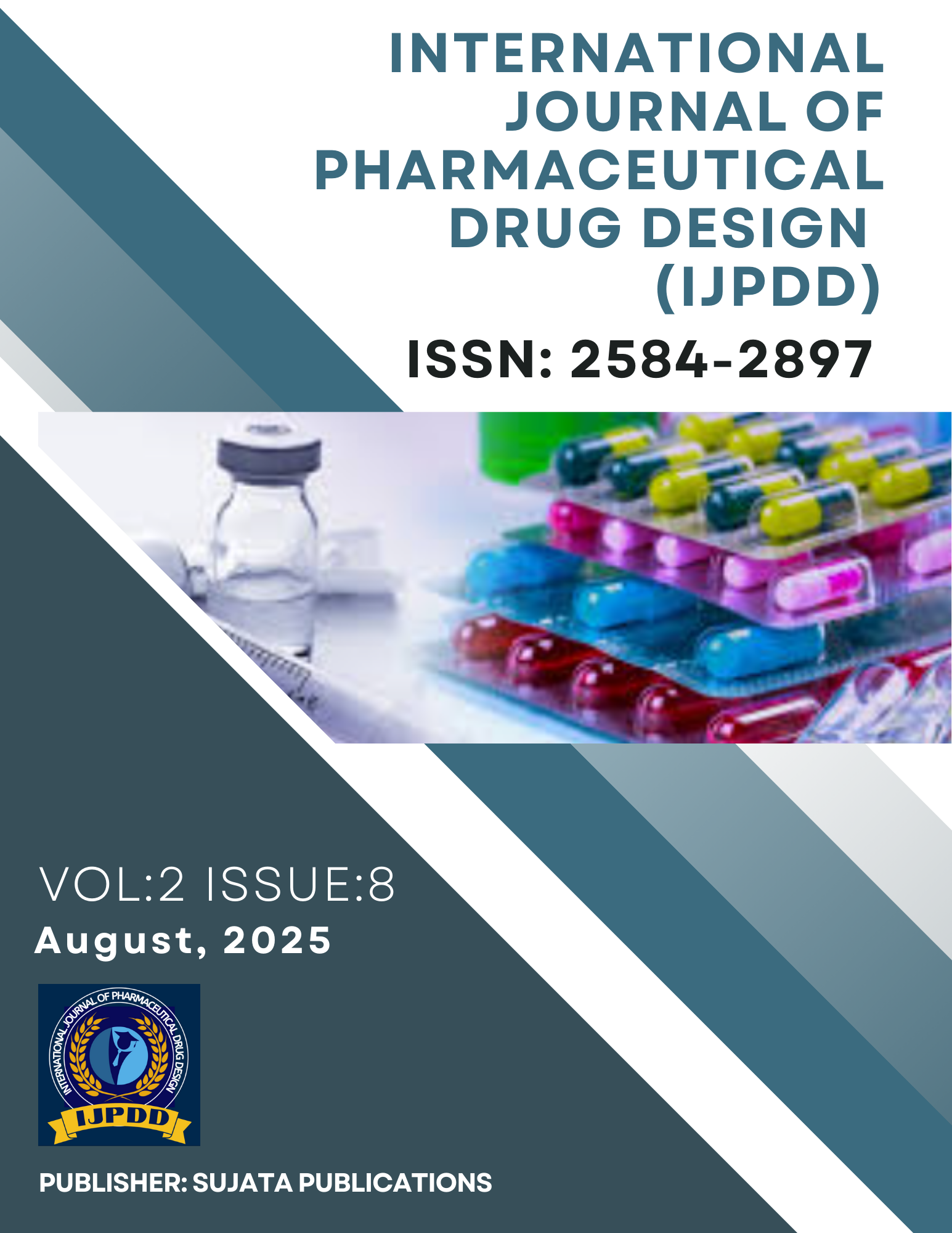Dissecting the Overlaps: An Integrative Review of Asperger Syndrome in the Context of Autism Spectrum Disorder, ADHD, and Social Communication Disorders
DOI:
https://doi.org/10.62896/ijpdd.2.8.01Keywords:
Asperger Syndrome, Autism Spectrum Disorder, ADHD, Social Communication Disorder, comorbidity, neurocognition, differential diagnosisAbstract
Background: Asperger Syndrome (AS) was historically recognized as a distinct diagnosis but was subsumed under autism spectrum disorder (ASD) in the DSM-5. This reclassification has raised important questions regarding overlaps and distinctions among AS, ASD, Attention-Deficit/Hyperactivity Disorder (ADHD), and Social Communication Disorder (SCD). Understanding these intersections is critical for improving diagnostic accuracy, guiding interventions, and advancing research. Objectives: This review aims to (1) clarify the diagnostic boundaries between AS, ASD, ADHD, and SCD, (2) highlight challenges in comorbidity and differential diagnosis, and (3) discuss implications for clinical practice and research. Methods: A narrative integrative review of peer-reviewed literature was conducted, focusing on diagnostic frameworks, symptomatic overlaps, neurocognitive profiles, neurobiological underpinnings, comorbidities, and clinical outcomes. Comparative tables were developed to summarize shared and unique features across disorders. Results: Findings indicate significant overlap in social interaction difficulties, pragmatic communication deficits, and executive dysfunction across AS, ASD, ADHD, and SCD. However, unique markers—such as restricted/repetitive behaviors (ASD/AS), inattention and hyperactivity (ADHD), and isolated pragmatic language deficits (SCD)—aid in differentiation. Comorbidity, particularly between ASD/AS and ADHD, is common and often leads to misdiagnosis or diagnostic overshadowing. Neurobiological studies suggest both shared and distinct pathways, with converging evidence from genetics, brain connectivity, and neurochemistry. Conclusions: An integrative, dimensional approach is needed to refine diagnostic frameworks and intervention strategies. Future research should prioritize longitudinal, transdiagnostic studies and biomarker development, while clinical practice must emphasize multi-dimensional assessments and individualized care.
Downloads
Published
Issue
Section
License
Copyright (c) 2025 Sujata Publications

This work is licensed under a Creative Commons Attribution-NonCommercial 4.0 International License.
















